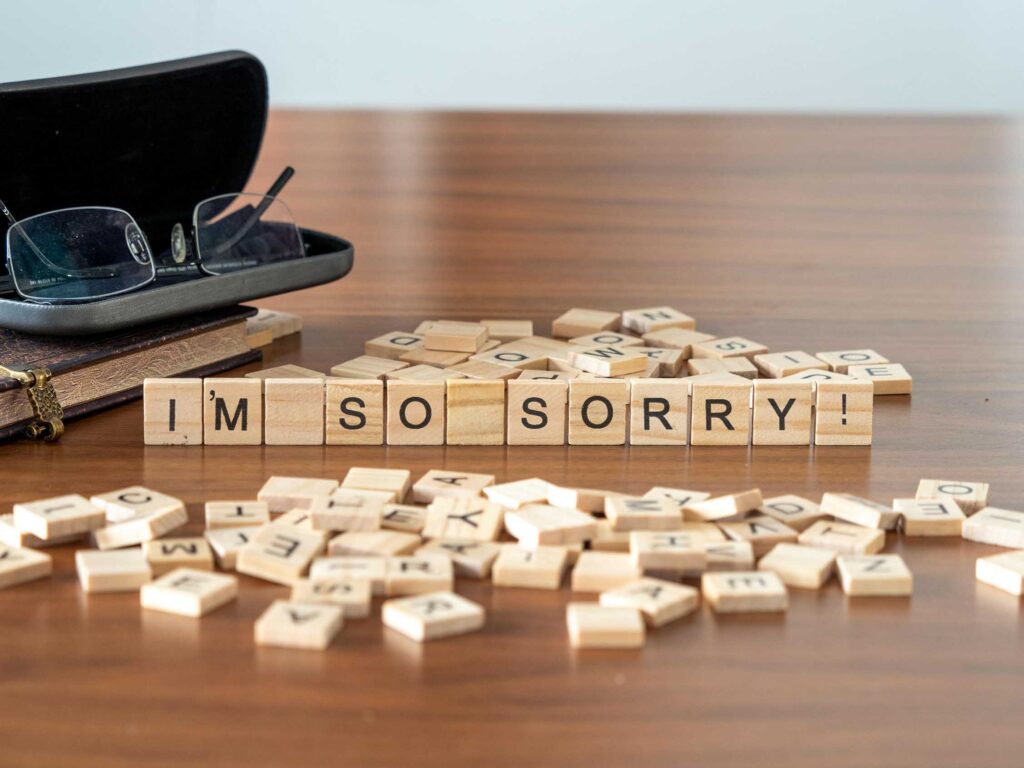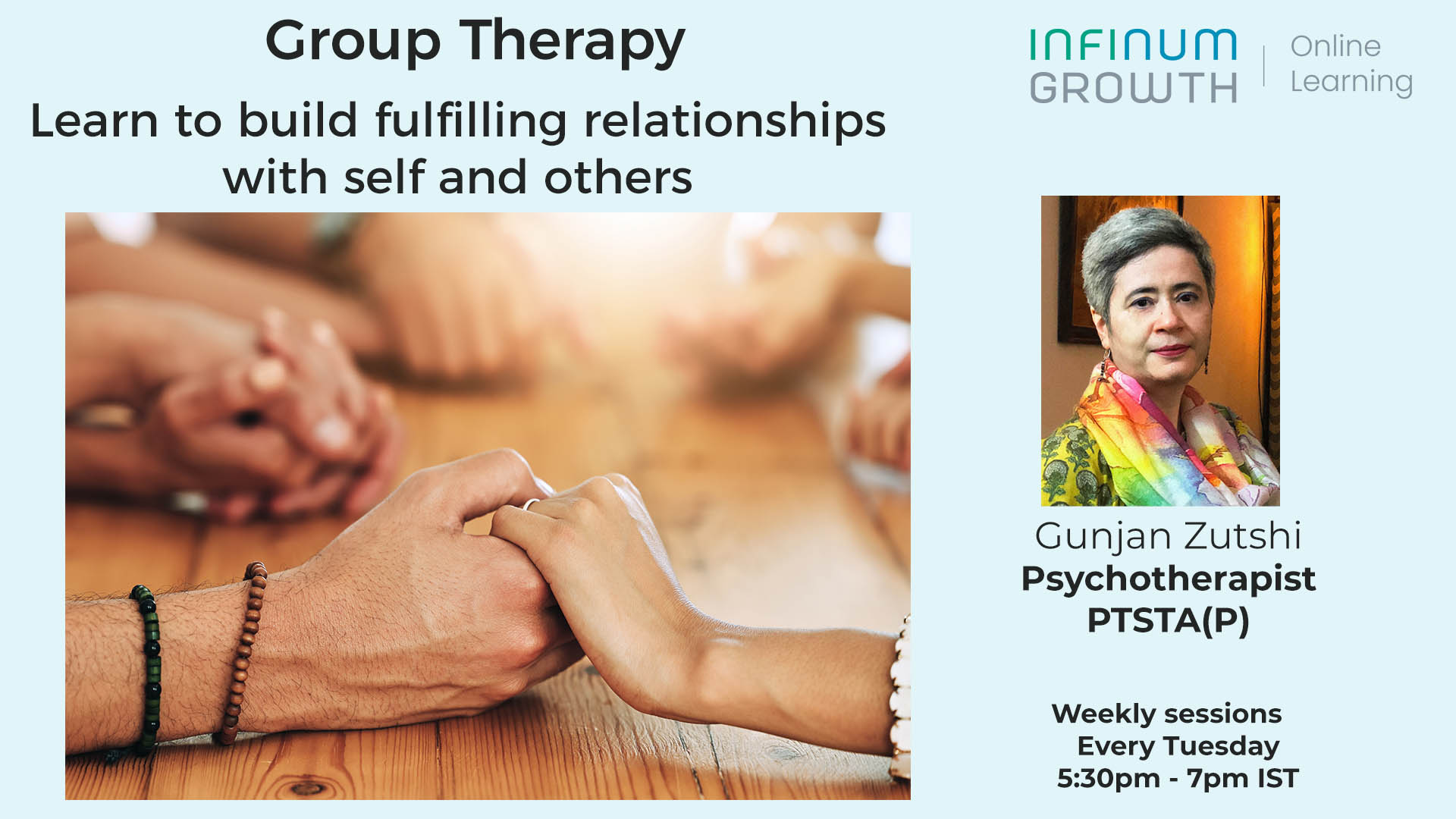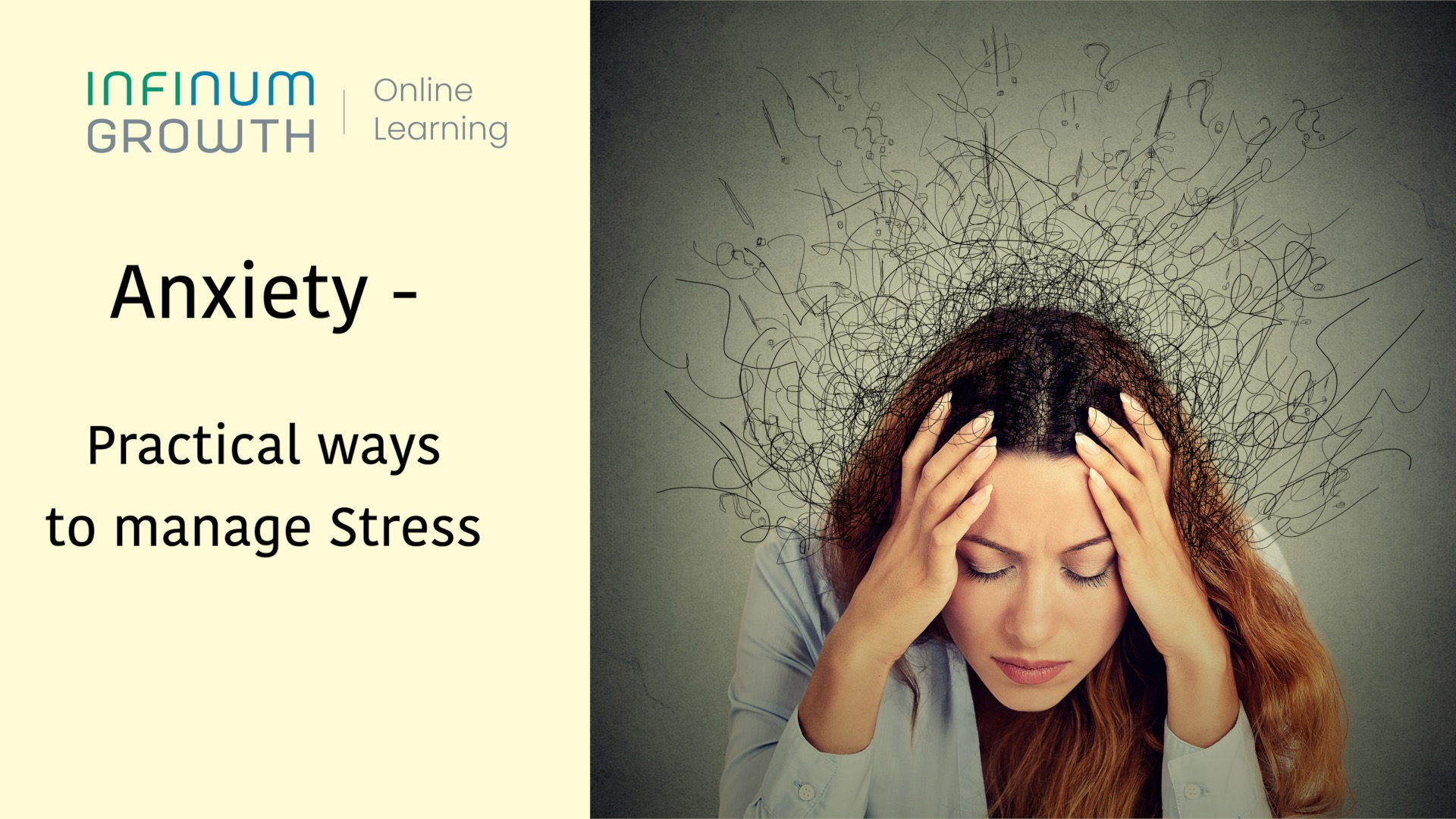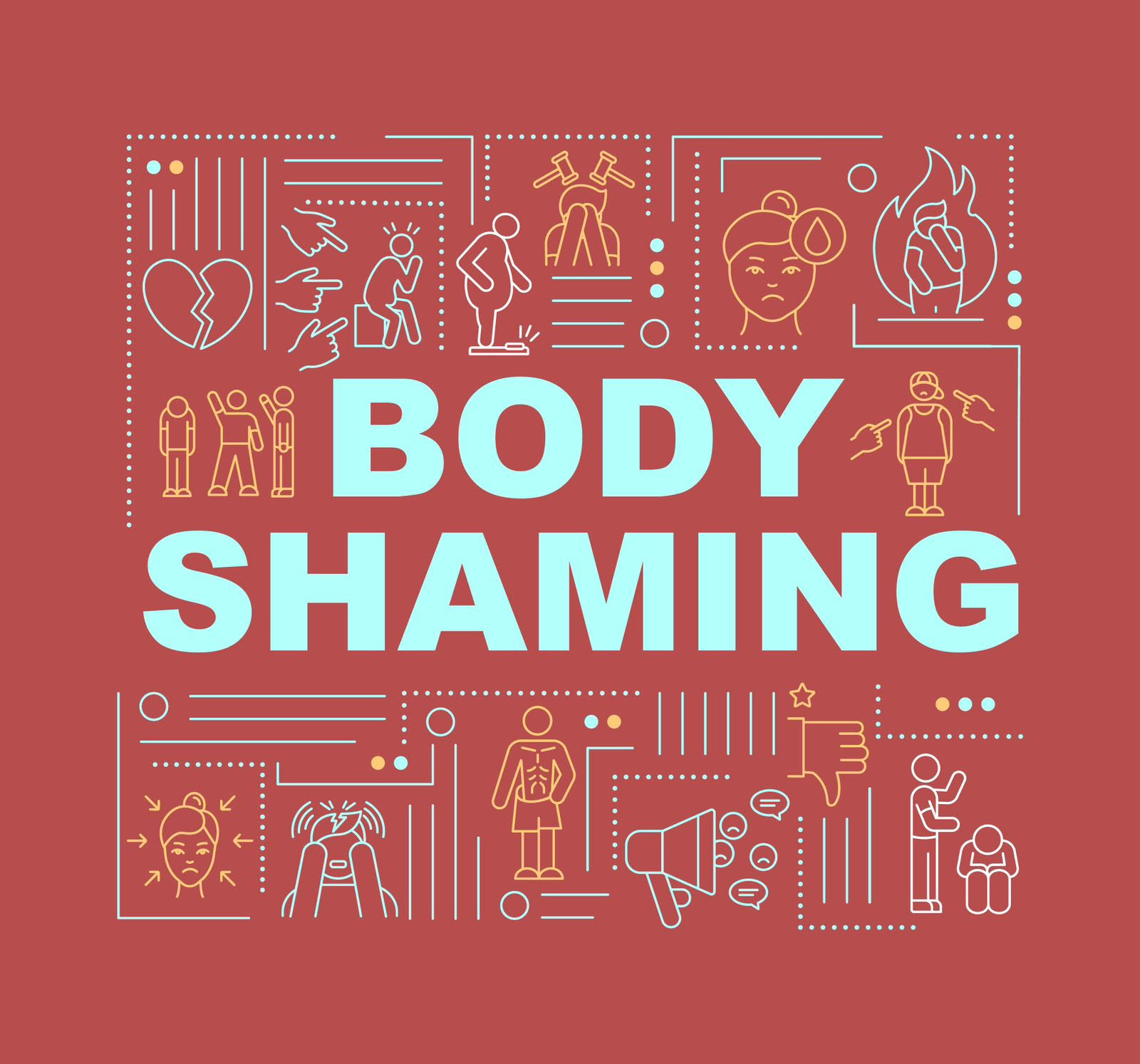If there is something to say, say it now;
If there is something to do, do it now;
If there is someone you can make glad and another less sad;
Do it now, do it now, do it now.
Do not wait until tomorrow;
For tomorrow may be just a little too late.
Many of us have learnt this at school. It talks to me, every now and then, as a reminder for not procrastinating about things I need to do so that I am not left with regret.
Regret. There is an unhappy ring to the word. It means feeling sad about something that one has done, or not done, or could have done better.
Studies have shown that there are more regrets about not having done something that we could have done.
What does one usually have regrets about?
Each one of us has some regret or regrets in varying degrees. It is an indication that we care and are engaged with life.
Regret about:
- having been unnecessarily harsh with someone
- not having spent enough time with loved ones
- done something which caused hurt or harm to others or even to oneself
- not valued or acknowledged those who have loved us and been by our side
- used unfair means to get something at the cost of someone who needed it more
- neglected our health
- allowed ourselves to be badly treated
- missed opportunities in life to do something we wanted to
The idea is to live life to the full, in as much a happy, constructive and peaceful way as possible.
To make this idea a reality, an important element is to minimise regret.
If only – I wish I had -What I would do to get another chance – If only I could set it right – these are phrases that express feeling regretful.
All of them have one thing in common – a wish to rewrite the past, which as we know is not possible.
Sometimes, life experiences give us the perspective to see things in hindsight; and realise that we could have handled situations differently.
It is possible that we did not have the maturity then, took decisions according to what seemed right at that point in time and according to the resources then available; or, did not understand the implications of our actions and decisions.
There is also the possibility that we took the decisions consciously, even if it hurt someone else, because we simply did not care. And we regret it now.
What does regret do to us?
Regret is an emotion that we can do something about proactively to help ourselves; or, gradually let it consume us. It is a choice that will impact us in the long term.
What happens if we allow it to fester?
- We continue to sink into it deeper, berating ourselves about the past. It makes us acutely unhappy, with ourselves and the world because we cannot see and experience happiness.
- Self blame and inflexibility are other offshoots of obsessive regret. It may even result in self destructive behaviour and other health issues, both mental and physical.
- Inability to concentrate on current matters and move forward in life. It hampers our ability and confidence to make helpful decisions in the present.
A woman who divorced her husband over unjustified suspicions is regretful about her action and cannot get into a stable relationship because she is constantly lamenting the past.
Regret about having been in a long toxic relationship and not disengaging in time makes a man fearful about taking any ‘risk’ later. It might result in him hesitating to engage with life.
What can we do with regret?
“Being able to feel regret – the right kind of regret, which can be understood, worked through and can lead to remorse and repair – is the strongest sign of a life meaningfully lived, of a healthy mind.” Moya Sarner in The Guardian on June 27th 2019.
Trying to justify the action without feeling remorse/repentance will get us stuck in the negative loop.
1. Acceptance
The initial step is acceptance of having made a mistake and genuinely feeling sorry and repenting it. And also understanding that a meaningful life can continue after that.
Rishika’s regret of neglecting her parents in their old age was overwhelming her. “I prioritised my career over them. I did not visit them regularly. I could have insisted that they come and stay with me when I realised they were not being able to manage on their own.
They had always been there for me but I was not there for them. And now they are gone. I find it impossible to forgive myself for causing them so much hurt.” It was not possible to undo the past.
With therapy she gradually calmed herself and decided on taking responsibility for aged couples living in a home for senior citizens. She now spends time there during weekends.
She felt deep remorse and tried to repair her present. It was a balm for her troubled mind and helped in her hurting less, she felt less stressed and could go to bed, looking forward to the next day.
2. Moving On
Therapists believe that genuine remorse is a significant step towards moving on by exploring ways of doing something constructive about the situation.
Feeling regret and remorse is also an indication about what is important to us in life. It helps us set goals.
Rathin felt regretful about having wasted time and not focused on improving his communication skills by attending the workshops offered to him.
He now had clarity about his desire to improve his ability to communicate.
- We need to acknowledge and identify our mistake and the specific feeling it is generating. Learn from it, apologise if possible, not repeat the mistake in the future and see if we can do something about it in the present to amend the damage.
- This is not to say that we will lead perfect lives in future and never make a mistake. We are human, work in progress till our last breath and mistakes do happen. But with increased awareness and a more mindful attitude chances are that they will be fewer.
- This is the time to ask ourselves what we have learned from our past mistakes, are we allowing our regret to overpower us, what are we going to do about it in the future?
- Just as it is important to be compassionate with others, it is equally important to be compassionate with oneself by experiencing the emotions gently and non-judgementally.
- Instead of negative self talk about past actions, look ahead, forgive oneself and replace the inner dialogue of, “How could I have done this?” or “Why did I not do that?” to “What can I do now?” As L.M.Montgomery said, “Tomorrow is always fresh with no mistakes in it yet”. We can allow ourselves that window to make a positive decision.
- We often judge our past actions from our present lens, based on suppositions. This may not be a complete or even a fair picture. Finding a background, a history and a meaning for the past actions gives relief and a sense of freedom.
- Sometimes we also overestimate the consequences of our past action or inaction, stretching them beyond realistic dimensions. “If I had grabbed that job then, today I would be at the top rung of the Company.” Really? Any guarantee about that?
3. Being Grateful
Being grateful for what we have today and not undervaluing it, is useful for peace and equanimity.
Being grateful to our past for what it has taught us, to help us grow, is useful.
4. Healing
Regret, like other unhelpful emotions, can nest itself in our body – the shoulder, lower back, neck, sides of the forehead, stomach etc. causing pain and discomfort.
- There are techniques to release this tension in the body through Yoga and Mindfulness practices.
- Healing needs patience while working on ways/projects to keep ourselves motivated.
- Regular self care, by consistently incorporating into our routine, activities that we enjoy, physical exercise and mind calming methods.
- Interacting with people who help us and drawing boundaries with those who pull us back into unhelpful regret is important.
Even in the current moment we have a choice – “It’s better to look ahead and prepare, than to look back and regret.” – Jackie Joyner-Kersee
Please do leave your comments at the bottom and do share with others if you like this article.



















Indeed, its the sorriest feeling. Its as good as losing someone dear forever by destiny. Only here we feel responsible for our destiny and its so self consuming. Thank you for including the physical manifestations that happen with stress linking chronic pain to mental anguish. Every word in this article rings true. Yet, I cant help seeing the conflict between the quote in the beginning and the one at the end. Lack of clairvoyance can be the very undoing of “do it now”, even if it is about being nice to someone. I think the ‘boundary’ part is the grey… Read more »